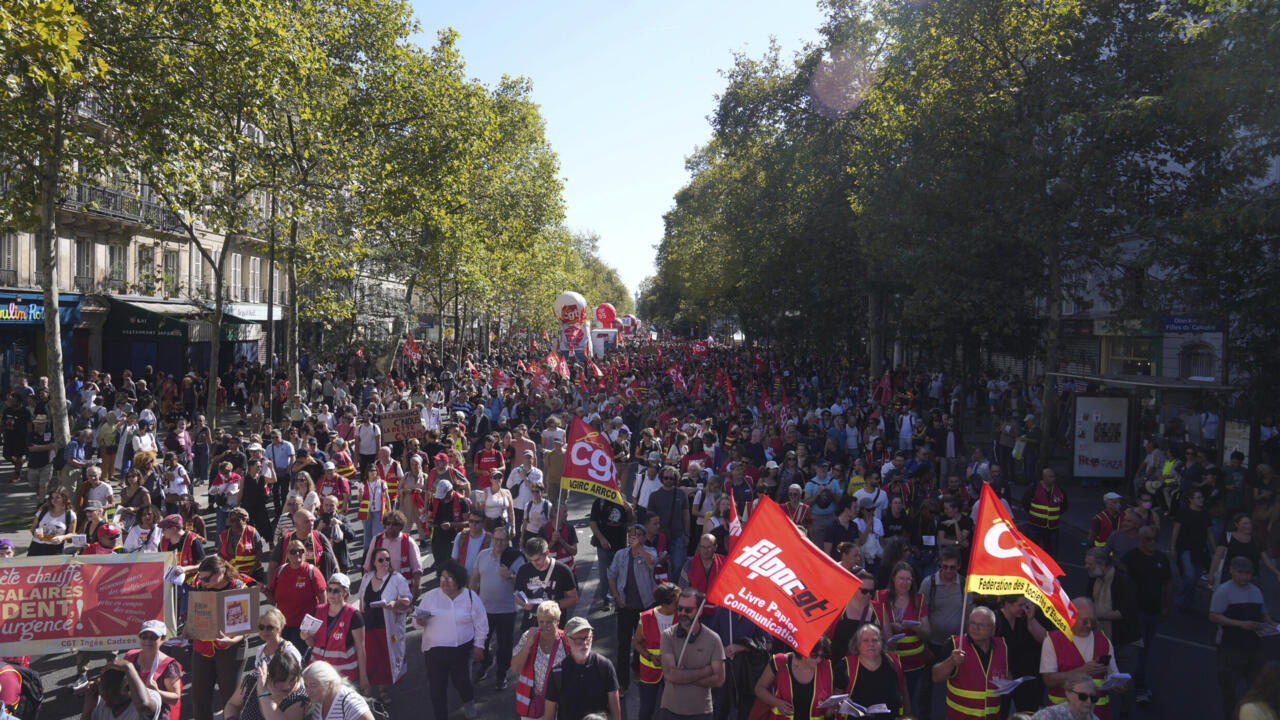France Witnesses Violent Clashes Amid Budget Cut Strikes
France has erupted in violent clashes and mass strikes as unions and citizens protest sweeping government budget cuts, with widespread disruptions and confrontations reported across major cities since September 18, 2025.

France has been gripped by a wave of violent clashes and mass strikes since September 18, 2025, as hundreds of thousands of citizens, union members, and public sector workers took to the streets to protest sweeping government budget cuts. The unrest was triggered by the resignation of Prime Minister François Bayrou after he proposed €44 billion in austerity measures, including pension freezes and the elimination of public holidays. His successor, Sébastien Lecornu, immediately faced fierce opposition, with demonstrators demanding a reversal of the cuts and calling for President Emmanuel Macron’s resignation.
Nationwide Disruption and Escalating Tensions
The strikes and protests have paralyzed much of the country, with public transport halted, schools and pharmacies closed, and hospital staff joining the walkouts. According to reports from Firstpost, the government deployed 80,000 security forces nationwide, and major cities such as Paris, Marseille, and Lyon saw tear gas deployed as police clashed with protesters. Union leaders and demonstrators voiced anger at what they described as policies favoring the wealthy and multinational corporations, demanding the introduction of wealth taxes and greater social justice. The protests were marked by blockades, attempts to disrupt public infrastructure, and widespread calls to “tax the rich.”
Political Fallout and Union Demands
The political crisis deepened as the new prime minister struggled to assert control and address the mounting public anger. Union leaders set a deadline of September 24 for the government to respond to their demands, threatening further action if the austerity measures are not withdrawn. The demonstrations have drawn support from a broad cross-section of French society, including students, public workers, and even archaeologists, all united in opposition to what they see as the continuation of unpopular Macronist economic policies. Protesters expressed frustration at being repeatedly asked to make sacrifices while, in their view, the wealthy and large corporations benefit from government decisions.
Social Unrest and Calls for Change
The scale and intensity of the protests have raised concerns about the stability of the government and the potential for further unrest. According to coverage by APT, demonstrators emphasized the need to give voice to marginalized communities and warned that continued austerity could lead to deeper social divisions. Many participants described a sense of hopelessness and anger, citing repeated cuts to social programs and a lack of meaningful change in government leadership. The protests have not only targeted the budget cuts themselves but also broader issues of inequality and representation in French society.
As the deadline for government action approaches, unions and protest organizers have vowed to continue their campaign, signaling that France may face further disruption and confrontation in the days ahead.